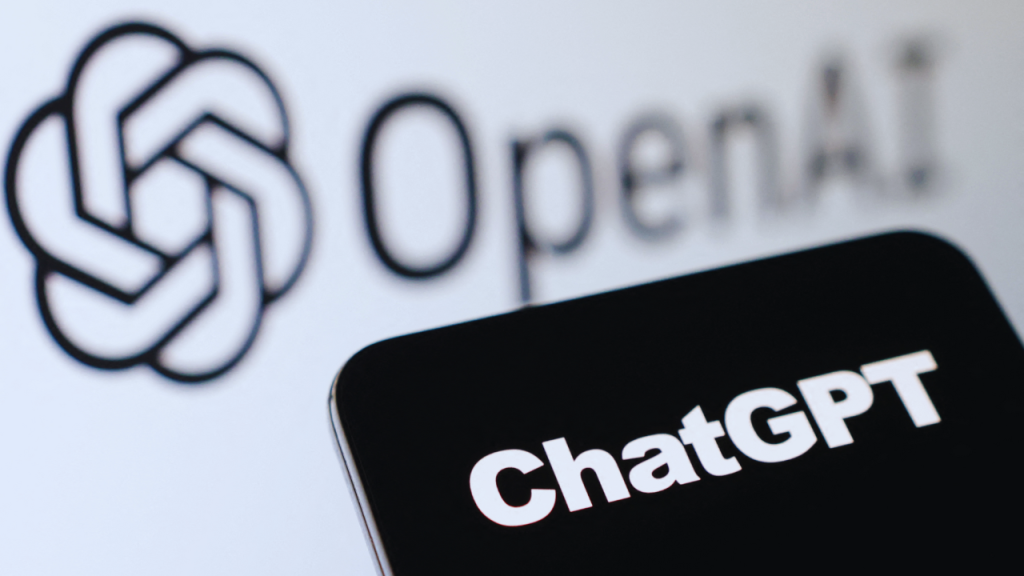OpenAI is giving a makeover to its prices and fixing the “lazy” GPT-4 that refused to work.

OpenAI is always tweaking its models and prices, and today is no exception. The company has released a number of new models and lowered the price of access to the Application Programming Interface (API) – something that catches the attention of developers first and foremost, but it’s also indicative of future consumer options.
GPT-3.5 Turbo is the model most people interact with, usually through ChatGPT, and it’s become an industry standard now.Why bother if your responses aren’t up to par with ChatGPT’s? It’s also a popular API, being less expensive and faster than GPT-4 in many tasks. So, users paying attention will be pleased to hear that input prices are dropping by 50%, and output by 25%, to $0.0005 per token for each thousand tokens and $0.0015 per token for each thousand tokens.
While people enjoy using these APIs for applications that require intensive text, like analyzing papers or entire books, these token costs do add up. As the open-source or self-hosted models keep up with OpenAI’s performance, the company needs to ensure its customers don’t leave. Hence, the gradual drop in prices – although it’s also a natural result of simplifying models and improving their infrastructure.
GPT-3.5 Turbo is also getting a new model version, 0125 (that’s today’s date), including “various improvements,” though OpenAI doesn’t elaborate much. The previous version was 0613, so it’s surprising they didn’t mention more.
GPT-4 Turbo gets a new preview model for API use, also 0125, which comes with an interesting fix:
This model completes tasks more comprehensively than the previous preview model and aims to reduce instances of “laziness” where the model doesn’t complete the task.
Perhaps this model learned the wrong lessons from developers, absorbing their habits and embodying them! Maybe artificial intelligence has already stopped working. Good for AI!
This is still in the preview stage, but GPT-4 Turbo with Vision (i.e., GPT-4 V) will be launched for general availability “in the coming months.”
There are also a few new and improved text embedding models, catering to the more technical folks. The company has also released a new version of the free API for moderation, which identifies potentially harmful text. Look for version 007 if you’re trying to use this to increase your moderation needs.







